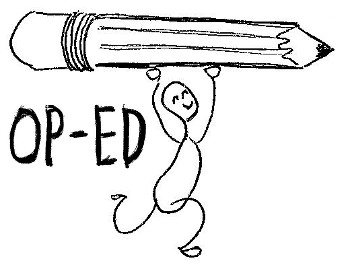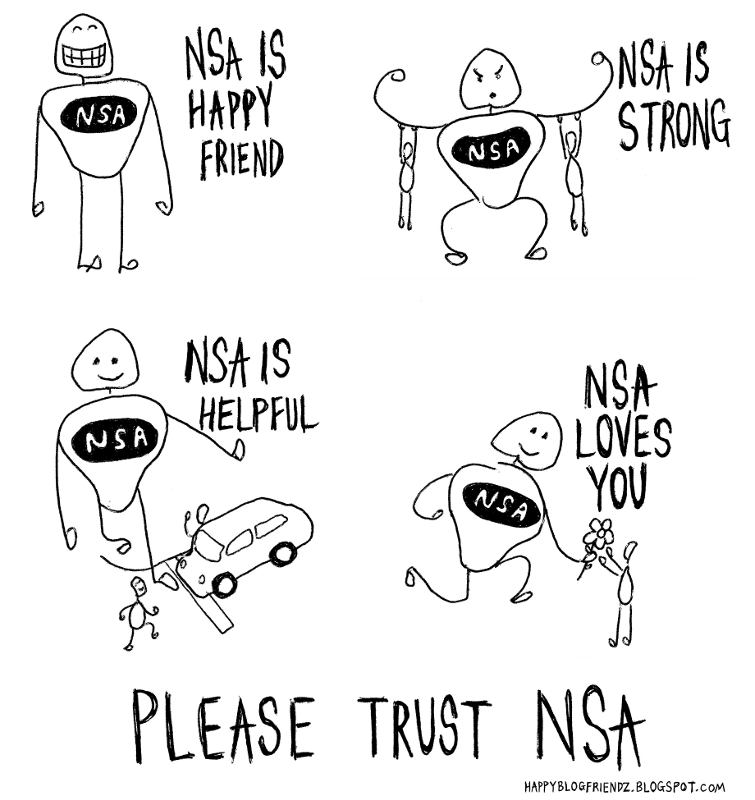Rand Paul had this to say about Syria:
The United States should condemn the use of chemical weapons. We should ascertain who used the weapons, and we should have an open debate in Congress over whether the situation warrants U.S. involvement. The Constitution grants the power to declare war to Congress, not the President. The war in Syria has no clear national security connection to the United States, and victory by either side will not necessarily bring in to power people friendly to the United States.
All perfectly sensible. Unfortunately, Jennifer Rubin of the Washington Post seems to have misunderstood every word,
describing Paul's statement as bone-chilling evidence that Paul should "never, ever be commander in chief." Rubin is welcome to her opinion about Paul's fitness for the presidency, but she is flat-out wrong when she says, as she later does, that Paul's statement includes errors. It is her own response, in fact, that is filled with errors. I will address three of them.
We don’t need to ascertain whether chemical weapons have been used (does he read the papers?). We already know.
What Paul said is that we should ascertain
who used the chemical weapons, a completely different statement. Modern history is filled with enough false flag attacks to warrant skepticism, and that is what Paul is referring to. But whether or not one thinks a false flag attack is likely to have occurred in this scenario, it is still flat-out wrong for Rubin to imply that Paul's statement is an error.
But the worst is his declaration that we have no national security interest in Syria.
Paul said that the war in Syria has no clear national security connection to the United States, and he is right. After three years, no threat to our national security has emerged as a result of the civil war in Syria. Not a single Syrian bullet or missile has reached our shores. Neither Assad's military nor the rebels fighting it have come to our country and harmed us. Rubin is welcome to argue that the outcome in Syria has consequences for our allies in the region, and therefore has consequences for the United States, but that is not the same as saying that the war in Syria has a clear
national security connection to the United States. There is no error in Paul's statement.
As for Congress, Rand Paul again demonstrates his misunderstanding of the Constitution. A declaration of war requires congressional act; a minimal strike of the sort the president contemplates is surely within the Article 1 powers of the commander in chief. Thomas Jefferson thought so.
This is wrong on all counts. First, Article I of the Constitution does not address the "powers of the commander in chief." That would be Article II. More important, however, is Rubin's claim that Thomas Jefferson is on her side. That is simply false. If she wanted to support her hawkish views with history, then she could not have picked a worse example for her purposes. Thomas Jefferson did not think what she claims he did. In fact, he held the opposite view,
that the president is prohibited from making even the most minimal attack without congressional approval. If she had bothered to investigate her own example, then she would know this. The instance in question comes from the First Barbary War, when Tripoli declared war on the United States after several years of harassing American ships in the Mediterranean. Congress passed legislation that allowed the president to command six frigates as he "may direct," in order to "protect our commerce & chastise their insolence — by sinking, burning or destroying their ships & Vessels wherever you shall find them."
Even with Congress's approval, however, Jefferson was mindful of his powers under the Constitution. He "sent a small squadron of frigates to the Mediterranean to protect against possible attacks by the Barbary powers," but
he insisted that he was "'unauthorized by the Constitution, without the sanction of Congress, to go beyond the line of defense.' He further noted that
it was up to Congress to authorize 'measures of offense also.'"
That bears repeating: Jefferson refused to take offensive measures against Tripoli because, in his own words, he was "
unauthorized by the Constitution ... to go beyond the line of defense." Every step of the way, he held to this conviction and waited for congressional approval before attacking. Gradually, in at least ten different statutes, Congress authorized offensive measures, culminating in a victory for the United States.
To say then, as Rubin does, that Jefferson thought he had the authority to make a "minimal strike" of the sort that Obama is contemplating is completely false. He explicitly said otherwise, that he did
not have that authority. If Obama followed Jefferson as a model, then he would show Congress and the Constitution the same level of respect that Jefferson did. That means seeking congressional approval before launching an attack, no matter how "minimal."
 Of course, it may be that Obama thinks our obligation to punish Assad is greater than our obligation to obey the law. But if we adopt that line of reasoning, then Russia, who is currently moving warships into the area, may very well adopt a similar line of reasoning toward us. We would, after all, be breaking the same sort of international agreement that Assad is supposedly breaking, and we would, therefore, be worthy of receiving the same sort of unilateral punishment at the hands of Russia.
Of course, it may be that Obama thinks our obligation to punish Assad is greater than our obligation to obey the law. But if we adopt that line of reasoning, then Russia, who is currently moving warships into the area, may very well adopt a similar line of reasoning toward us. We would, after all, be breaking the same sort of international agreement that Assad is supposedly breaking, and we would, therefore, be worthy of receiving the same sort of unilateral punishment at the hands of Russia.



























